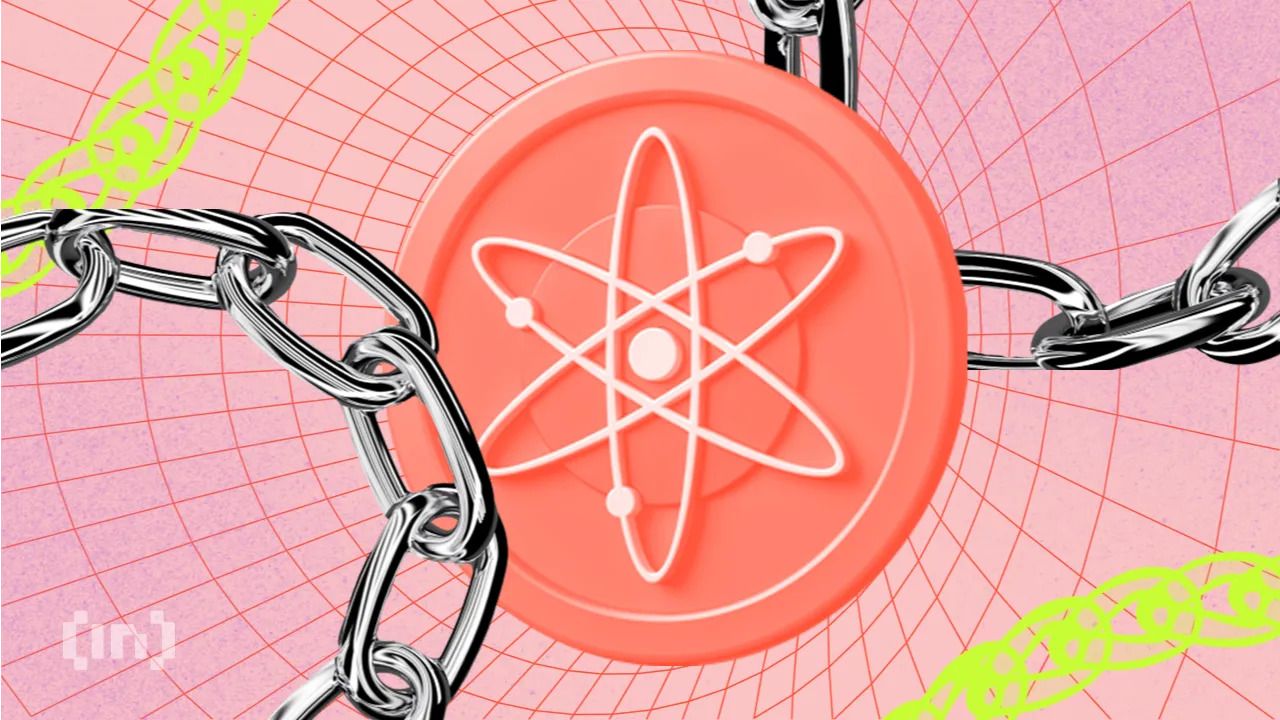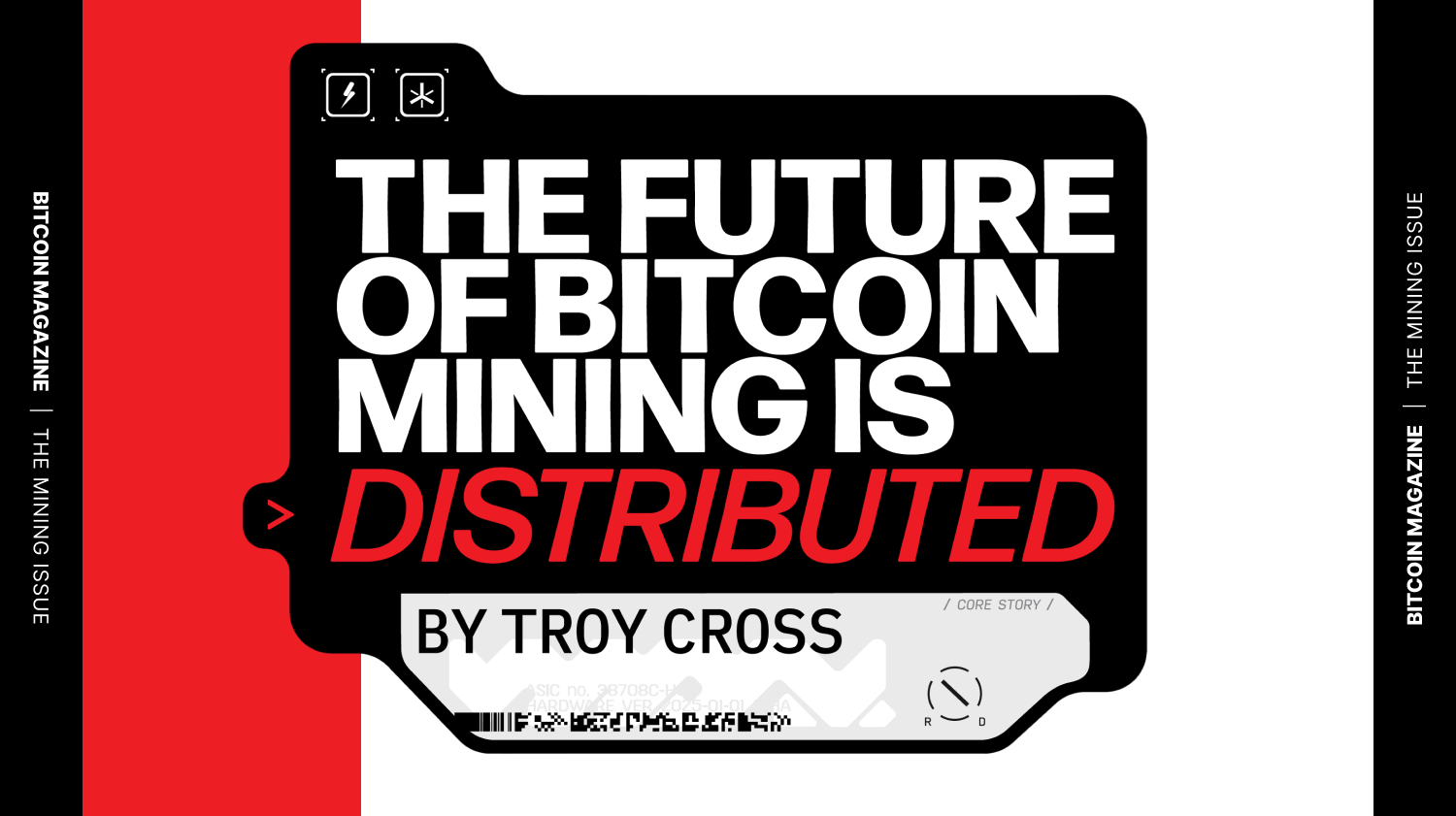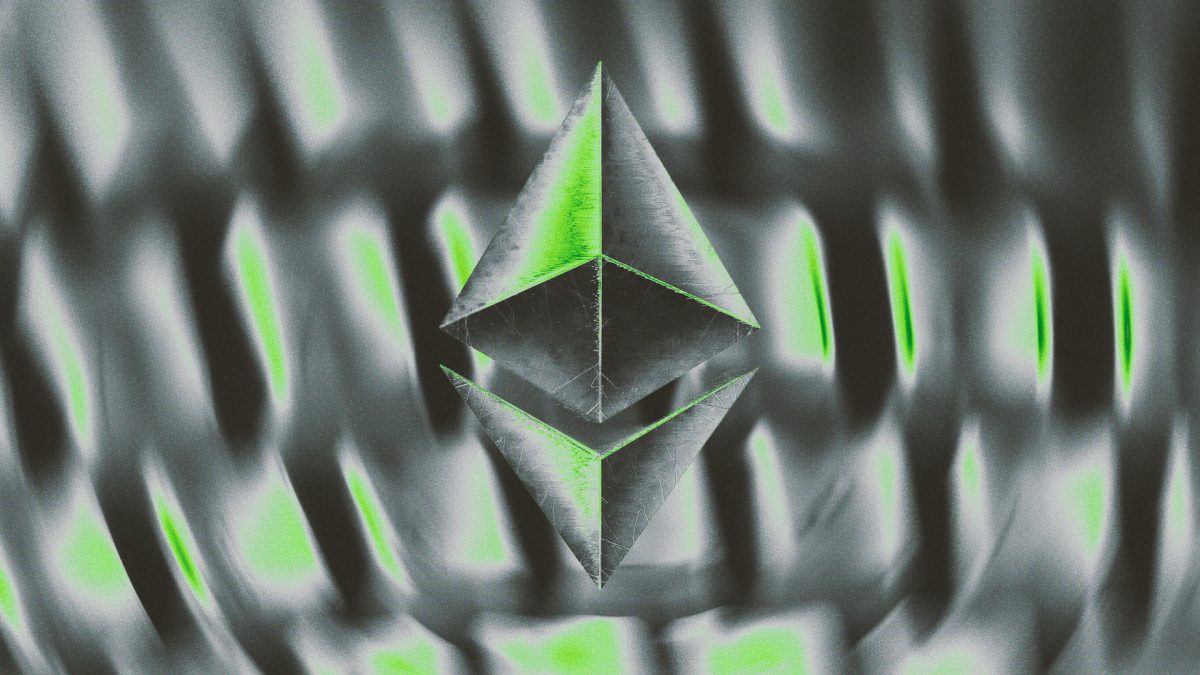Federal Reserve Chair Jerome Powell Warns of Economic Consequences from Reciprocal Tariffs
Federal Reserve Chair Jerome Powell delivered a stark warning to the public on April 4, expressing concerns over the potential economic impact of the Trump administration’s “reciprocal tariffs.” Speaking at the Economic Club of Washington D.C., Powell maintained a cautious approach, acknowledging that these tariffs could significantly affect the economy, leading to “higher inflation and slower growth.”
Powell’s Concerns: Inflation and Growth
Powell explained that the tariffs could spike inflation “in the coming quarters,” making it more difficult for the Federal Reserve to maintain its 2% inflation target. This is particularly concerning, as the Fed had only recently indicated a soft landing by cutting interest rates in January and March.
The Impact on the US Economy
The trade dispute between the US and China, escalated by the reciprocal tariffs, could result in several negative consequences for the US economy. Some of these include:
- Higher Prices: As tariffs increase the cost of imported goods, consumers will ultimately pay more for these items. This could lead to a rise in overall inflation and a decrease in purchasing power.
- Slower Growth: The uncertainty surrounding the trade dispute could lead businesses to delay investments and expansions, resulting in slower economic growth.
- Reduced Competitiveness: Tariffs could make US businesses less competitive in the global market, as they face higher costs than their foreign competitors.
Global Economic Consequences
The economic impact of the reciprocal tariffs is not limited to the US. The global economy could also face negative consequences:
- Trade Disruptions: The tariffs could lead to trade disruptions, as countries retaliate with their own tariffs. This could result in supply chain disruptions, affecting industries worldwide.
- Decreased Confidence: The uncertainty surrounding the trade dispute could decrease business confidence, leading to reduced investment and slower economic growth.
- Financial Markets: The ongoing trade dispute could cause increased volatility in financial markets, as investors react to the latest developments.
Conclusion
Federal Reserve Chair Jerome Powell’s warning about the potential economic consequences of reciprocal tariffs highlights the uncertainty surrounding the ongoing trade dispute between the US and China. Higher inflation, slower growth, and increased uncertainty could negatively impact both the US and global economies. As the situation continues to unfold, it is crucial for individuals and businesses to stay informed and adapt to these changing economic conditions.
Sources:
CNN Business. (2021, April 4). Powell warns of ‘higher inflation and slower growth’ due to tariffs. CNN. https://www.cnn.com/2021/04/04/economy/powell-tariffs-economy-intl-hnk/index.html
The Wall Street Journal. (2021, April 4). Jerome Powell Says Tariffs Could Lead to ‘Higher Inflation and Slower Growth.’ The Wall Street Journal. https://www.wsj.com/articles/powell-says-tariffs-could-lead-to-higher-inflation-and-slower-growth-11617634936





